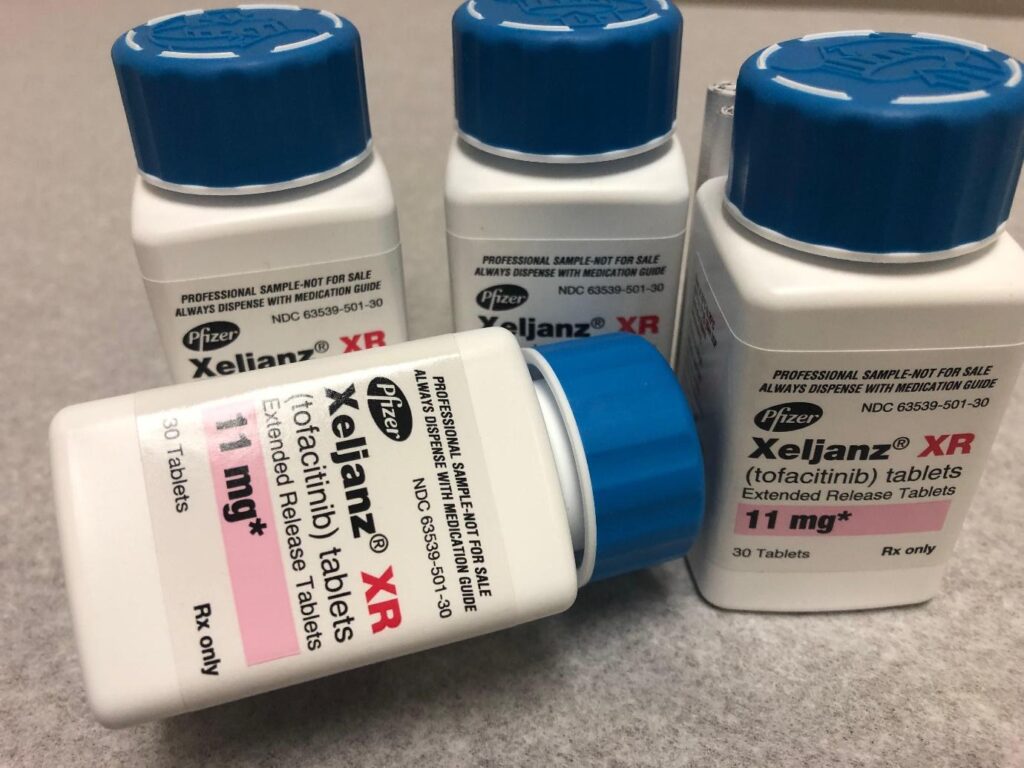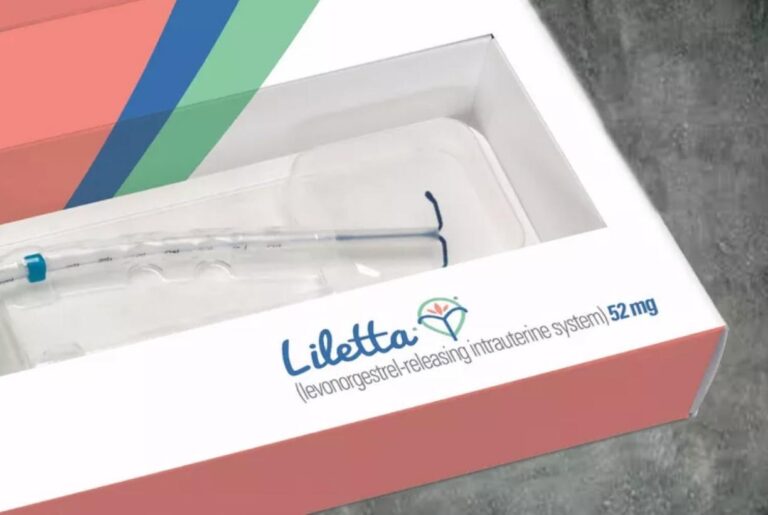Xeljanz is a brand of medicine containing tofacitinib produced by the pharmaceutical company Pfizer Inc. This medication, which works by inhibiting Janus Kinase (JAK), is a drug to treat autoimmune diseases such as rheumatoid arthritis, ulcerative colitis, and ankylosing spondylitis. Yet, what are the Xeljanz withdrawal symptoms?
This article will discuss Xeljanz and its ins and outs to provide all-inclusive information for you. If you have been taking this autoimmune medication for a long time and have health problems, you can pursue justice and damage. Let’s get the ball rolling by reading this insightful article!
What Is Xeljanz?
Xeljanz is a brand of oral medication approved by the US Food and Drug Administration (FDA) as a medication for psoriatic arthritis, moderate to severe rheumatoid arthritis, and ulcerative colitis.
Pfizer, the pharmaceutical company that manufactures this drug, has also released an extended formulation to become Xeljanz XR.
The drug that received approval from the FDA in 2012 received a hearty welcome from consumers. Accordingly, Pfizer managed to earn $1.8 billion in sales worldwide in 2018. Quoting information from the Drug Watch page, as many as 80 countries around the world have approved the use of Xeljanz as a drug for rheumatoid arthritis.
On the flip side, 70 countries approve it to treat ulcerative colitis and another 40 countries use Xeljanz to treat psoriatic arthritis. To take this medicine you must follow a doctor’s prescription and you must not stop taking it without prior consultation. For this reason, Xeljanz withdrawal symptoms can range from mild to severe.
5 Adverse Effects of Taking Xeljanz
The medication which works by inhibiting Janus Kinase (JAK), has side effects ranging from mild to severe. The Good RX page explained the possible five adverse effects when a patient withdraws Xeljanz, as follows.
1. Risk of Cancer
The serious side effect that you should know about from taking Xeljanz is the risk of developing cancer. In fact, Pfizer has notified this side effect in the warning box. Although patients who take drugs with the main ingredient tofacitinib are at risk of cancer, it is still low.
However, if you already have cancer, your medical professional or service provider will consider other alternatives. The doctor will consider the benefits and risks if you have to use Xeljanz to treat your autoimmune disease.
2. Heart Attack and Stroke
Xeljanz withdrawal symptoms will tend to be mild if you take this medication in small doses. On the other hand, taking the drug tofacitinib from the pharmaceutical company Pfizer has serious side effects such as heart attacks and strokes. Pfizer has included this negative side effect in the warning box.
Aside from that, clinical studies also confirm that patients taking Xeljanz are more susceptible to stroke or heart attack than patients taking biologic drugs. Since this serious side effect is listed in the warning box, medical professionals will be cautious in considering and prescribing this medication.
3. Blood Clots
You also need to know that Xeljanz can also cause blood clots which can have fatal consequences for your health. If blood clots occur in the brain, it will trigger a stroke. Likewise, patients will experience pulmonary embolism if blood clots occur in the lungs.
Arms and legs can also experience blood clots due to the side effects of taking Xeljanz. Symptoms that you can recognize include arm or leg pain, redness, and a feeling of warmth.
Meanwhile, more severe symptoms are weakness on one side of the body, chest pain, and difficulty breathing. Since these symptoms are life-threatening, go to the nearest hospital immediately or call 911.
4. Damage to The Intestines and Stomach
Xeljanz withdrawal symptoms can make rheumatoid arthritis worse. However, taking this medicine can also cause damage to the stomach and intestines. Tears in the stomach or intestinal wall will cause pain and discomfort every time you consume Xeljanz.
Don’t hesitate to consult your complaint to the service provider so they can prescribe medication to protect your stomach and intestines. Hence, the risk of damage to the stomach and intestines can be managed properly.
5. Serious Infection
Since drugs that inhibit JAK reduce immune receptors, patients who take them are susceptible to serious infections. Many Xeljanz consumers report that they are easily exposed to viruses and bacteria that cause herpes zoster, appendicitis, and pneumonia.
Thus, you should not take JAK inhibitor drugs from Pfizer if you have an infection to prevent it from getting worse. Symptoms of infection that you can recognize when taking Xeljanz include fever, cough, and chills.
If you feel Xeljanz withdrawal symptoms or the side effects of taking the drug are getting worse, contact a medical provider as soon as possible to get proper treatment.
What is the Eligibility of Filing a Lawsuit Against Xeljanz By Pfizer?
To find out the eligibility to file a lawsuit against Pfizer, you must contact a lawyer because each law firm has different eligibility requirements. According to the Miller & Zois page, here is the feasibility of filing a lawsuit against Pfizer.
1. Taking Xeljanz twice a day in high doses, 10 mg at a time.
2. Taking autoimmune drugs from Pfizer for at least 6 months.
3. Experiencing a stroke, pulmonary embolism, deep vein thrombosis, or other blood clots after taking Xeljanz.
4. The family died from taking Xeljanz (you need to talk further with the law firm you appointed regarding this matter).
What Damages Can I Claim?
Since the side effects of taking drugs harm consumers, this is categorized as a personal injury case. Your attorney will help you to obtain justice and compensation, as follows.
- Medical treatment;
- medical expense;
- loss income;
- loss enjoyment;
- pain and suffering;
- emotional distress; and
- death compensation to the family of the deceased.
What Do You Suppose to Do to Avoid Xeljanz Withdrawal Symptoms and Side Effects of Taking It?
All and all, Xeljanz withdrawal symptoms vary because they depend on how serious your illness is and how high the dose you took. On the contrary, Pfizer has provided a warning box regarding some side effects that could cause adverse health. To prevent these risks, follow your doctor’s prescription.
However, if you experience serious health problems since you consume it for treatment, you can contact a lawyer so they can investigate the case. If the health losses you experience are due to Pfizer’s negligence or health provider malpractice, your attorney will assist you in obtaining justice and compensation.



